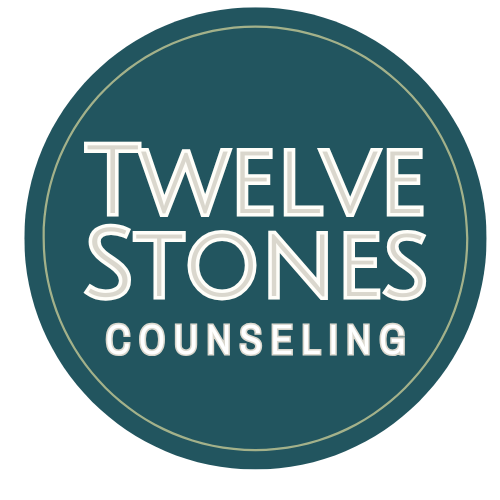What is EMDR?
EMDR (Eye Movement Desensitization and Reprocessing) is an evidence-based, proven method of therapy that uses eye movement (and sometimes handheld pulsers or sound through headphones) to help your brain get over things that make you feel stuck, or that make you feel out of control. These eye movements, sounds, and physical sensations on your hands from pulsers are jumpstarting the way your brain is wired (mimicking how your brain naturally puts things into long-term memory storage during sleep) so that it can process through things it hasn’t been able to process before.
EMDR is very different than other counseling methods because it does not rely on talking through things; your brain is doing the work for you. This can be a relief to people who are intimidated to talk certain things out. It also typically takes less sessions than normal counseling, making it cost-effective. It works through negative beliefs you have about yourself and turn them into reasonable and positive beliefs (e.g. going from “I am worthless” to “I have value” or going from “I am a victim” to “I am a survivor”). Counselors offering EMDR must have additional training to do this kind of therapy. Taylor, our counselor, has done this training and has used EMDR herself– she believes it can be a great resource for others.
What Does EMDR Treat?
Great question! EMDR treats concerns such as:
- Anxiety, panic attacks, and phobias
- Chronic Illness and medical issues
- Depression and bipolar disorders
- Dissociative disorders
- Eating disorders
- Grief and loss
- Pain
- Performance anxiety
- Personality disorders
- PTSD and other trauma and stress-related issues
- Sexual assault
- Sleep disturbance
- Substance abuse and addiction
- Violence and abuse
(According to EMDRIA, 2024)
What age and kinds of clients can do EMDR?
Another great question! EMDR can work with any age. If a young child or baby is the client, a parent or guardian will be required to assist the counselor in sessions.
Clients with traumatic brain injuries or dementia may experience reduced effects of EMDR, depending on the location of brain injury/deterioration. Clients who have global developmental delays may not benefit from EMDR.
EMDR works with almost everyone. However, we will not start you off with processing through everything until we make sure that you are ready. We won’t push you into anything before you feel comfortable. Because it works with really difficult and vulnerable issues, it might take a little bit of normal counseling before you’re ready. That’s ok– we will work at your pace and make sure you’re getting the maximum benefit from counseling.
